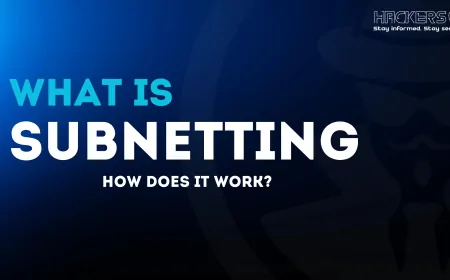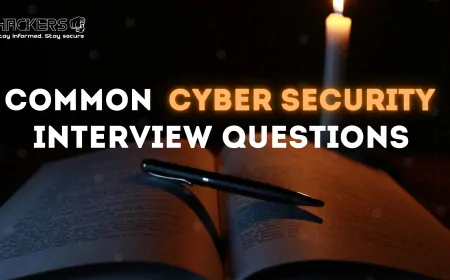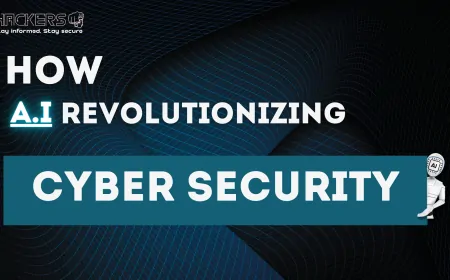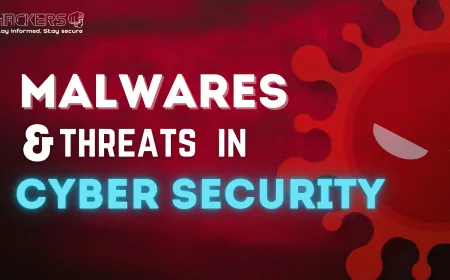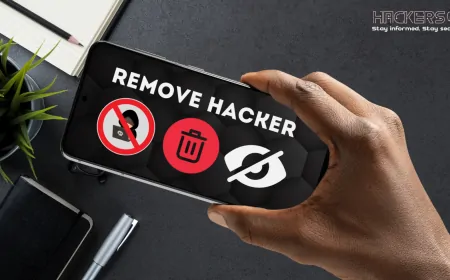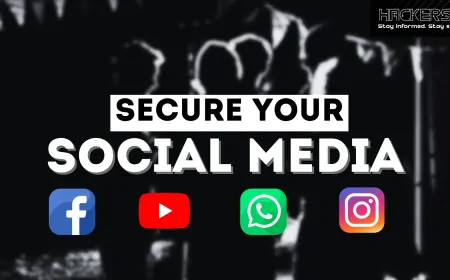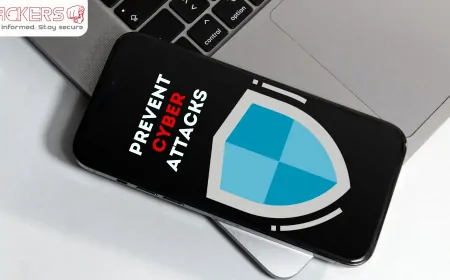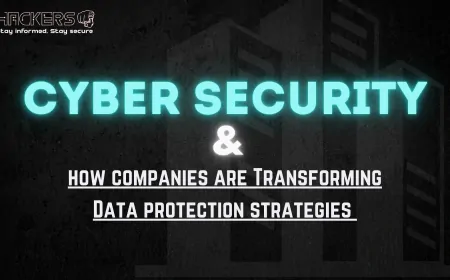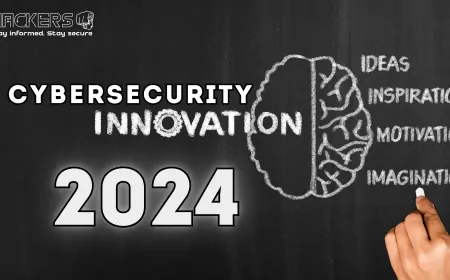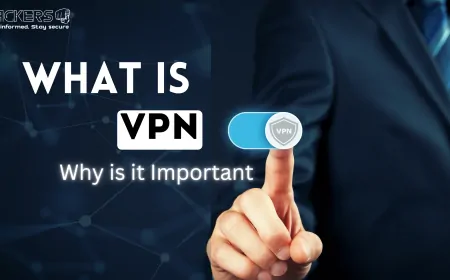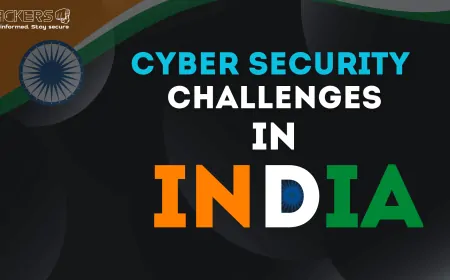What to Do if Your Personal Data Has Been Compromised in a Breach
If your personal data has been compromised in a breach, it's essential to act quickly. This guide outlines the critical steps you should take to protect yourself, including reporting the breach, changing passwords, placing fraud alerts, and securing your financial information. Stay protected and minimize risks today.

Introduction
Data breaches have become increasingly common, and when your personal data is compromised, it can be overwhelming. Whether your information is exposed due to a hacking incident, a phishing scam, or an accidental leak, knowing what steps to take immediately can help minimize the damage and protect you from further risks. In this article, we will guide you through the critical actions to take if your personal data has been compromised in a breach, ensuring that you can respond quickly and effectively.
1. Understanding the Impact of a Data Breach
A data breach can compromise sensitive personal information such as Social Security numbers, bank account details, or medical records. The implications can range from identity theft to financial loss, which is why swift action is crucial. Identifying the cause of the breach (whether it was an online hack, a physical data leak, or human error) can help you determine the next steps to protect yourself.
2. Immediate Steps to Take When Your Data Is Compromised
If your personal data has been exposed, immediate actions can significantly reduce the potential damage. From reporting the breach to monitoring your accounts, here are the first steps you should take to protect yourself:
3. What to Do if Your Personal Data Has Been Compromised in a Breach
| Action | Description | Why It's Important |
|---|---|---|
| 1. Notify the Organization | Contact the company or organization that experienced the breach to report your information as compromised. | This helps them secure your data and notify other affected individuals. |
| 2. Change Your Passwords | Update your passwords for any accounts associated with the compromised data. Use strong, unique passwords. | This helps prevent unauthorized access to your accounts. |
| 3. Enable Multi-Factor Authentication (MFA) | Turn on MFA for sensitive accounts to add an extra layer of security. | MFA reduces the risk of unauthorized access, even if passwords are compromised. |
| 4. Monitor Your Accounts | Regularly check your bank, credit card, and other financial accounts for unusual activity. | This allows you to catch fraudulent transactions early and limit financial damage. |
| 5. Place a Fraud Alert on Your Credit Report | Contact one of the credit bureaus (Equifax, Experian, or TransUnion) to place a fraud alert. | This warns potential creditors to verify your identity before granting credit. |
| 6. Freeze Your Credit | Consider freezing your credit report to prevent identity thieves from opening new accounts in your name. | A credit freeze makes it nearly impossible for criminals to open accounts using your data. |
| 7. Report to Authorities | If you notice signs of fraud, report the incident to local law enforcement or the Federal Trade Commission (FTC). | Reporting helps track fraudulent activities and may lead to further investigation. |
| 8. Monitor Your Health Records | If medical information was compromised, contact your healthcare provider to monitor any unauthorized activity. | Prevents identity theft involving medical treatments, prescriptions, and insurance claims. |
| 9. Seek Identity Theft Protection | Consider enrolling in an identity theft protection service that provides ongoing monitoring of your personal information. | These services can detect and alert you to unusual activity, helping to prevent further harm. |
| 10. Educate Yourself on Phishing Scams | Be aware of phishing attempts that may use your compromised information to target you. | Understanding phishing techniques helps you avoid falling for scams in the future. |
4. Additional Considerations and Long-Term Protection
While the immediate steps outlined above will help minimize immediate risks, it is also essential to focus on long-term protection. Following the breach, consider changing your security practices, using credit monitoring services, and staying vigilant about any signs of identity theft or fraud.
5. What to Do If Your Financial Information Was Exposed
If your financial data, such as bank account details or credit card numbers, has been exposed, it's crucial to take specific steps to mitigate the damage. In addition to monitoring your accounts, you should immediately notify your bank or credit card company, dispute any unauthorized charges, and request new cards or account numbers.
Conclusion
Experiencing a data breach can be unsettling, but by acting quickly and taking the necessary precautions, you can protect yourself from further harm. The key is to stay vigilant, report the breach as soon as possible, and take proactive measures to secure your personal and financial information.
(FAQs)
1. What should I do first if I find out my data has been compromised in a breach?
Answer: The first step is to contact the organization or company that experienced the breach. Notify them about the compromise and ask for any steps they recommend to protect your data. They might also provide you with additional support, such as credit monitoring.
2. How can I tell if my data has been compromised in a breach?
Answer: You might receive a notification from the company, a bank, or a credit agency about the breach. Additionally, if you notice unauthorized charges on your accounts, unexpected credit inquiries, or receive suspicious communications, it could indicate that your data has been compromised.
3. Should I change my passwords immediately?
Answer: Yes, changing your passwords immediately is crucial. Ensure that your new passwords are strong, unique, and different from your previous ones. This helps protect your accounts from unauthorized access.
4. What is multi-factor authentication, and should I enable it?
Answer: Multi-factor authentication (MFA) is an additional layer of security that requires more than just a password to access your account. Enabling MFA is highly recommended as it provides extra protection, even if your password is compromised.
5. How can I monitor my financial accounts after a breach?
Answer: Regularly check your bank statements, credit card transactions, and any accounts linked to your personal data. Look for unusual activity such as unfamiliar charges, new accounts, or changes in your contact details.
6. What is a fraud alert, and how do I place one?
Answer: A fraud alert is a notification placed on your credit report that tells potential creditors to take extra steps to verify your identity before extending credit. You can place an alert by contacting one of the three major credit bureaus (Experian, Equifax, or TransUnion).
7. Is it a good idea to freeze my credit after a breach?
Answer: Yes, freezing your credit is one of the most effective ways to protect yourself from identity theft. It prevents creditors from accessing your credit report, making it difficult for fraudsters to open new accounts in your name.
8. Can I report the breach to authorities?
Answer: Yes, if your personal information has been misused, you should report the breach to the appropriate authorities, such as the Federal Trade Commission (FTC) or local law enforcement. This helps track fraudulent activity and can lead to further investigations.
9. Should I use an identity theft protection service?
Answer: Yes, enrolling in an identity theft protection service can help monitor your personal data for signs of misuse. These services often include alerts for suspicious activity and assist in resolving identity theft cases.
10. How do I protect myself from future breaches?
Answer: Stay vigilant by using strong, unique passwords, enabling multi-factor authentication, and being cautious of phishing emails and scams. Also, regularly monitor your financial accounts, health records, and credit reports for any signs of unauthorized access.
What's Your Reaction?




















